

Beyond the Hype: What It Takes to Be a Startup Founder

Newsletter
Shahir Chowdhury is the founder & CEO of Shikho, one of the leading edtech startups in Bangladesh focused on building a hyper-localized digital learning ecosystem centered on modernizing the delivery of supplementary education for school, college, university as well as professionals. Shahir brings his decade of banking and finance experience into his entrepreneurship journey working at HSBC and Barclays in London. Shahir is also a CFA charterholder with his background in Business Management from Cardiff University.
As the year comes to a close, I’ve been thinking a lot about another chapter in the relentless, humbling, and deeply rewarding journey of building a startup. Writing about my experience was one of my 2024 resolutions—a commitment to share some of the lessons I’ve learned, the mistakes I’ve made, and the insights I’ve gathered in founding and growing Shikho.
In today’s world, being a “startup founder” has become something of a badge of honor. Everyone seems to aspire to launch the next unicorn, and the hype can be intoxicating. I get asked all the time: “Can anyone be a founder?”
The tempting answer is “yes,” because it feels good to encourage ambition. But the honest answer, and the one I’ve come to understand deeply over the years, is: No, not everyone should be a startup founder.
That doesn’t mean you shouldn’t dream. Dreaming is essential. But it also means taking a hard, unromantic look at what it really takes to make those dreams a reality. It means asking yourself not just if your idea is good enough, but if you are ready—ready to compete, ready to learn, ready to adapt, ready to sacrifice, and ready to fail.
And here’s the hard part: It’s not just about you. As I’ve learned at Shikho, your team matters just as much as your vision. Sometimes, the people you start with aren’t the ones who’ll make the journey with you—and that’s okay. The path evolves, and so must you.
It’s Not About the Idea—It’s About Execution
Let’s clear up one myth right away: Founding a startup isn’t about having a groundbreaking idea. Ideas are cheap. Execution is everything.
I’ve seen too many people in Bangladesh hesitate to start because they think their idea isn’t “original enough.” But here’s the truth: You’re probably not the first person to think of your idea. The question is, can you execute it better than anyone else? Can you out-learn, out-work, and out-innovate the competition?
When we started Shikho in 2019, the idea of an EdTech platform wasn’t new. What set us apart wasn’t just the product; it was our ability to build a resilient team, adapt to challenges, and execute relentlessly in a market as fragmented and complex as Bangladesh.
The Traits That Define Great Startup Founders
Building a startup is not for the faint of heart. It’s a high-stakes competition. The odds of success are very slim. Thriving as a startup founder requires more than just a great idea; it demands a unique combination of traits that help founders navigate the relentless ups and downs of creating something from scratch.
In my experience, the most remarkable founders I’ve met share certain defining traits:
- Competitiveness with a Clear Vision: To thrive as a founder, you need the hunger to win. This isn’t about being cutthroat—it’s about an unwavering commitment to your vision, even when the odds are stacked against you. At Shikho, we’ve had to fight through countless obstacles over the years. What kept us going wasn’t just resilience; it was the ability to focus on the bigger picture while tactically solving immediate challenges.
- Infinite Learning: No founder starts out knowing it all. Whether it’s marketing, sales, product development, fund-raising or team building, the most successful startup founders are those who constantly adapt and teach themselves what they need to know. Being an infinite learner isn’t optional—it’s the only way to keep pace with the ever-changing demands of running a modern business.
- Resourcefulness: In Bangladesh, where capital is scarce and skilled talent can be hard to find, resourcefulness isn’t just a helpful trait—it’s essential. Doing more with less is the name of the game. For us, this meant finding creative solutions to every challenge, from bootstrapping early operations to stretching our resources as far as they could go.
- Resilience in the Face of Failure: The reality of founding a startup is that you will face failure—sometimes spectacularly so. Plans will crumble, markets will push back, and circumstances beyond your control, both personal and professional, will test your resolve. Resilience isn’t just about surviving the storm; it’s about rebuilding afterward. At Shikho, resilience meant not just enduring setbacks but finding ways to emerge stronger, more determined, and better prepared for the next challenge.
- Vision Paired with Grit: Startup founders must embrace a paradox: balancing long-term ambition with relentless short-term execution. You need to dream big, imagining a future no one else sees, while obsessing over the smallest details that get you there.
- Team Building: No founder succeeds alone. Whether it’s your initial co-founders or the team you assemble later, the people you surround yourself with will ultimately determine your success. It’s not just about hiring talented individuals—it’s about building a team with complementary skills, shared values, and the willingness to challenge one another constructively. And if your initial team doesn’t work out, as we experienced at Shikho, you can still course-correct.
From Default Dead to Default Alive
I like the framework of thinking that suggests every startup begins “default dead.” By default, it’s out of business. Your job as a founder is to fight, learn, and adapt until you’re “default alive.”
This involves:
- Getting to Product-Market Fit: Can you find the right mix of features and value that customers can’t live without?
- Building the Flywheel: Success comes from creating momentum between capital, talent, and execution. Each feeds into the other, creating a virtuous cycle.
Surviving as a startup founder means not just solving immediate problems but creating systems that sustain growth over time. For us at Shikho, this has meant obsessively iterating on our product, refining our processes, and building momentum that compounds over months and years.
Startups vs. Traditional Entrepreneurship
While founding a startup has become a celebrated path, it’s just one route to entrepreneurship. Startups focus on rapid scale, high growth, and often require venture funding, which creates unique challenges but also enables solving large, systemic problems.
For me, the decision to grow Shikho as a startup was clear. Education in Bangladesh is a massive, complex problem, affecting millions across diverse geographies. Solving it requires scalability, which only technology and venture backing can achieve.
Traditional entrepreneurship, on the other hand, often follows a more gradual and steady growth path. Building a small business, a family-run enterprise, or a community-focused operation can be equally impactful and fulfilling. These paths typically rely on personal savings, loans, or local investors, rather than the high-stakes world of venture funding.
Both approaches demand hard work, resilience, and resourcefulness. But startups, with their focus on technology and scale, are uniquely equipped to tackle national or global challenges.
Lessons for Bangladesh
Bangladesh is a tough but exciting market for startup founders. It’s definitely not Silicon Valley. You won’t have access to easy venture capital or proximity to domain experts who have been there and done that. You’ll face unique challenges like regulatory hurdles and social perceptions.
However, Bangladesh also offers immense opportunities for more traditional entrepreneurship. The SME (Small and Medium Enterprises) sector, in particular, plays a vital role in the country’s economy. Entrepreneurs looking to build sustainable businesses within industries like agriculture, manufacturing, or retail may find a more familiar path here, with fewer dependencies on external capital and technology.
That said, startups have the unique ability to scale rapidly and address systemic challenges—like education, healthcare, finance, or logistics—on a national or even global scale. To succeed in this space, founders must embrace resilience and resourcefulness, working creatively within the constraints of a developing market.
Final Thoughts: Should You Do This?
Ask yourself:
- Am I ready to fail—and learn from it?
- Am I an infinite learner who is naturally curious?
- Am I ready to fight for something I believe in, even when it feels impossible?
- Am I willing and able to surround myself with people smarter and better than me?
If the answer is yes, then take the leap. But remember, it’s not about chasing a title or following a trend. Whether you choose the fast-paced world of startups or a more traditional route to entrepreneurship, it’s about solving real problems, creating value, and building something that truly lasts.
And if you’re not ready, that’s okay too. Founding a startup, or even being an entrepreneur, isn’t the only path to success. The world needs exceptional team members, operators, and leaders just as much as it needs founders.
Because at the end of the day, success isn’t defined by the title you hold. It’s about contributing to something meaningful—no matter the role you play.




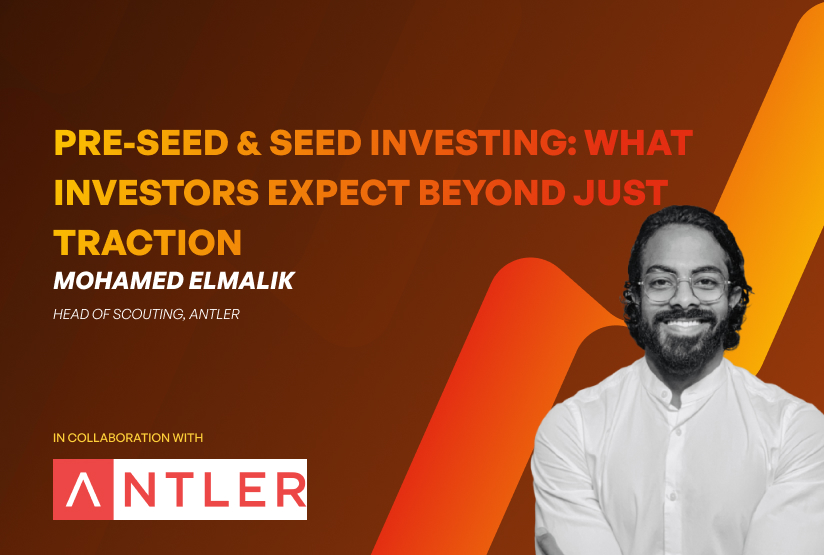
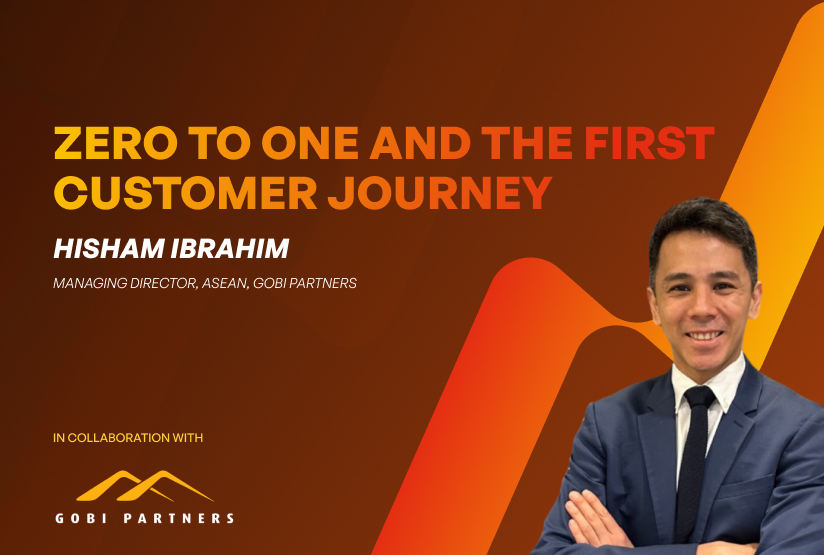
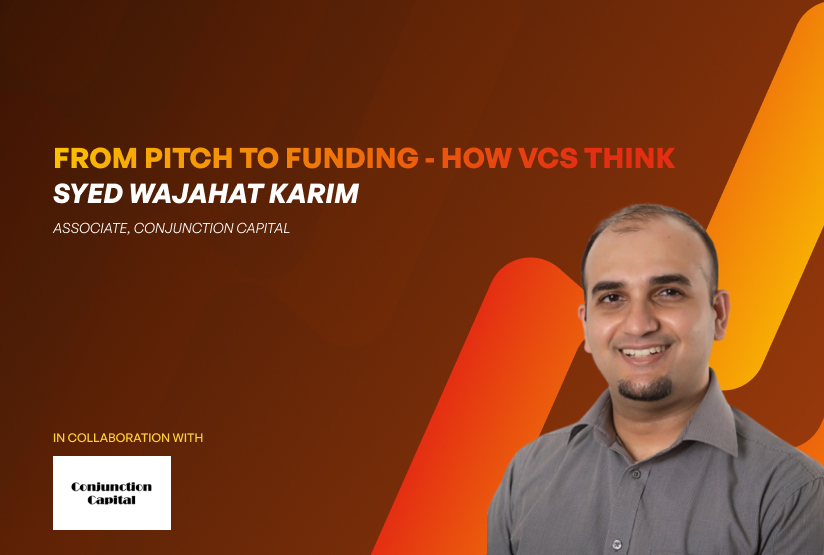


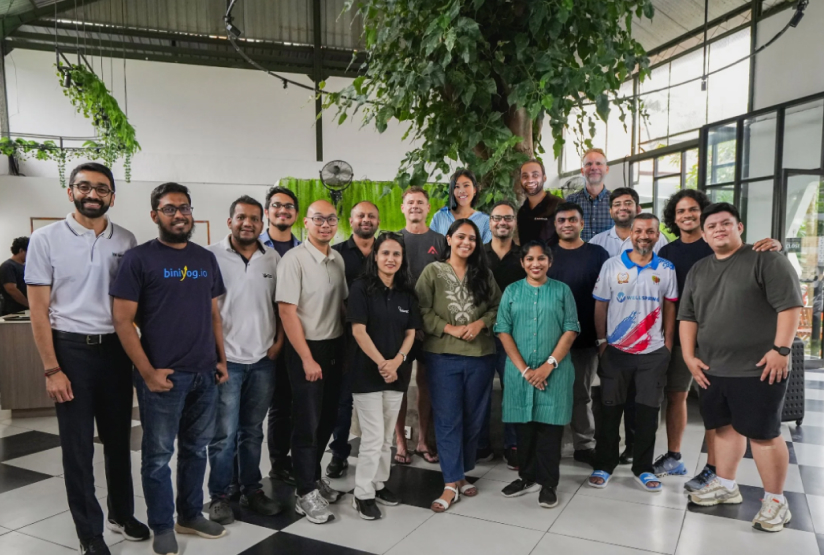
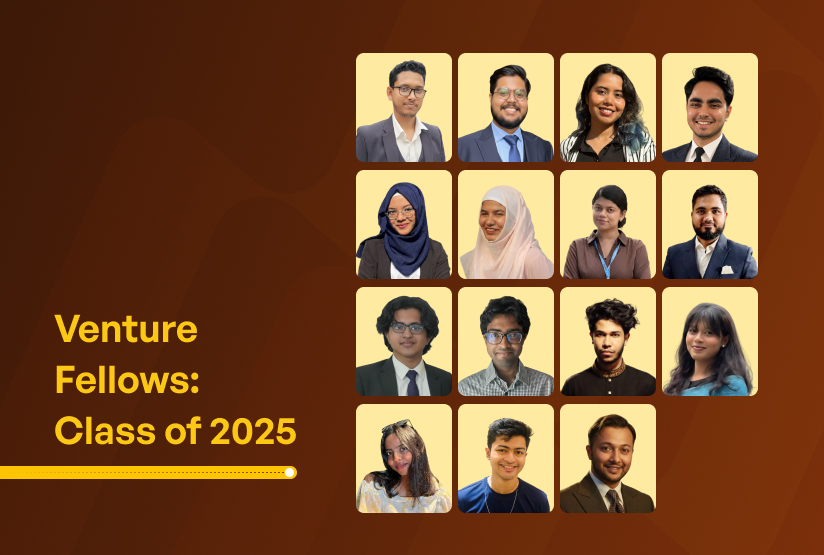










.jpg)
.jpg)





.jpeg)



.jpg)

















.jpg)


.jpg)
.jpg)

.jpg)
.jpg)


















.jpeg)












..jpg)
..jpg)



.jpg)






